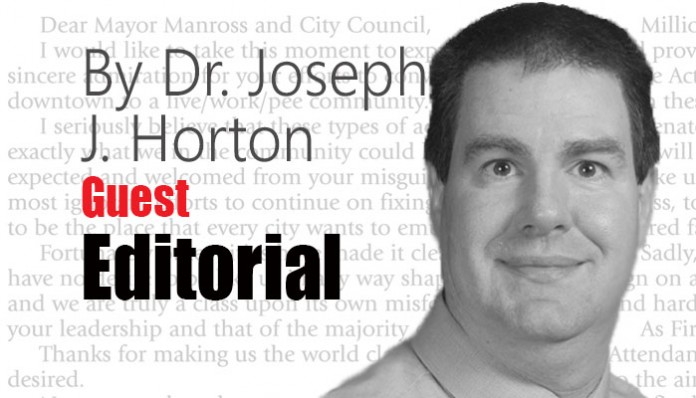The story of Charlie Gard is sparking outrage throughout the world. As the Wall Street Journal put it, the doctors who are caring for 11-month-old Charlie Gard “have won judges’ permission to discontinue life support despite his parents’ objections, saying his rare genetic disorder can’t be effectively treated and that keeping him on a ventilator could be causing him pain.”
That is precisely the situation. And right now, Charlie is in the Great Ormond Street Hospital for Children in London fighting for life.
While not garnering the same worldwide news coverage, the story of another child, Steven, was shared by an international mission organization: 11-year-old Steven was attacked by a group of teenage boys, bound, and set on fire. Steven was able to extinguish the flames by running into a nearby river, but he suffered burns over more than 65 percent of his body and severe internal injuries. Steven lives in a South American country where no hospital is equipped to deal with his injuries, but a group has brought Steven to the United States to a state-of-the-art hospital with a burn unit that can provide top-level care. It’s estimated that Steven will require at least seven years of intensive care, from skin-grafts to dialysis to further surgeries. As of the latest update, Steven’s condition is improving, but he still has a long way to go.
These are two very different stories but at the root they are about people who are fighting for life. Charlie Gard’s parents want him to have every possible chance to survive and yet they are being told that because a ventilator may cause pain it should be removed. This is despite the fact that, according to a physician in the United States, there is an experimental treatment that might help. About $1.7 million has been raised to privately fund Charlie’s treatment. President Trump tweeted an offer of support.
On June 30, a Wall Street Journal article stated that, “Britain’s Supreme Court decided earlier this month that prolonging Charlie’s life would be ‘not in his best interests.’ His parents asked the European Court of Human Rights to overturn the ruling. The court this week said the case raised ‘sensitive moral and ethical issues’ but declined to intervene.”
We have already gone too far down that slippery slope when the courts can make such decisions. It is a travesty that the sophisticated and caring authorities in Europe have decreed that Charlie must die because living would involve pain.
Steven already has gone through unimaginable pain, and the treatments he will require promise more pain. And yet there is no doubt that the pain suffered on the road to life is worth enduring. Thankfully no powerful strangers have intervened to decree that Steven must die.
I don’t know what the outcome may be for Charlie if he is given every possible chance to live. Neither do I know what the outcome for Steven will be. In fact, not one of us knows what the future holds for us. We can however, be certain that every one of us will experience pain. The pain free life does not exist no matter how judges rule. When those in authority are given the power to choose death for an innocent person nothing good can result. If death panels can rule that the life of an 11-month-old is not worth living, they can rule that any live is not worth living.
What a time of irony we live in. We celebrate the announcements of pregnancies and births, the overcoming recoveries from serious illnesses or injuries, and the victories of conquered addictions. We mourn the loss of life, particularly when that loss comes suddenly in an accident or attack. And yet there are those in civilized cultures who accept that an innocent life must be legally terminated by the decision of strangers.
The hopeful storyline that connects the situations faced by Charlie and Steven is that there are still strangers who are willing to help the least among us live. I am deeply thankful for those who are fighting to save the lives of those victimized by the many forms that evil takes in our world.
Life is indeed worth fighting for. May each of us find the ways that we can support the fight because as long as there is life, there is hope.
– Dr. Joseph J. Horton is professor of psychology at Grove City College and the Working Group Coordinator for Marriage and Family with The Center for Vision & Values. He is also a researcher on Positive Youth Development.





